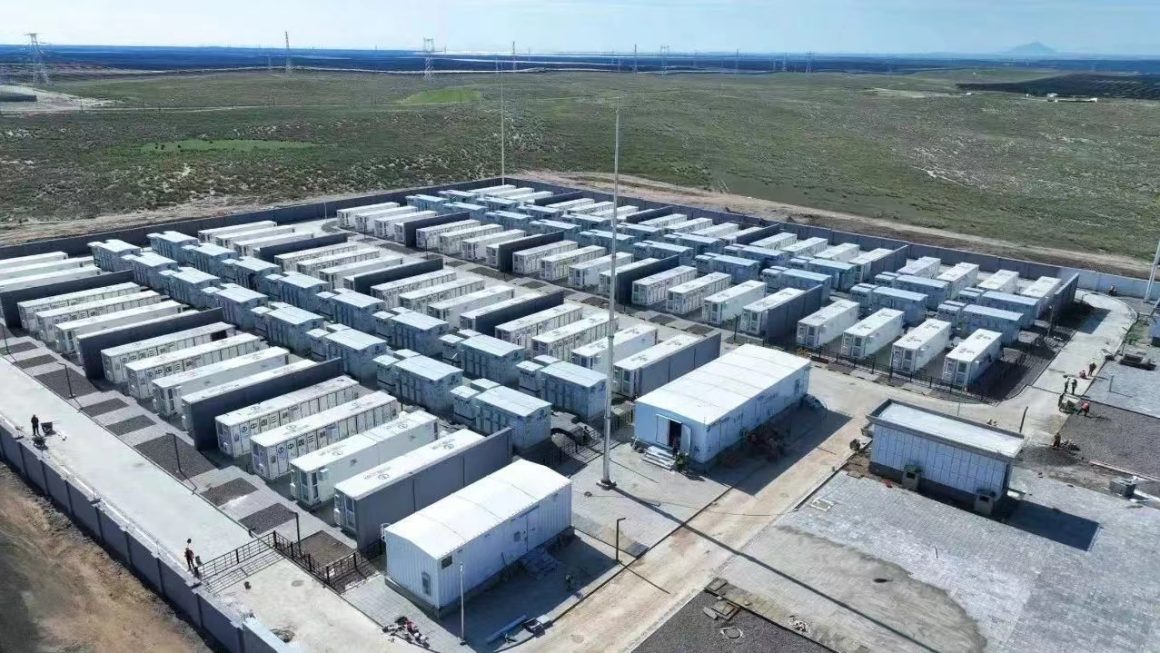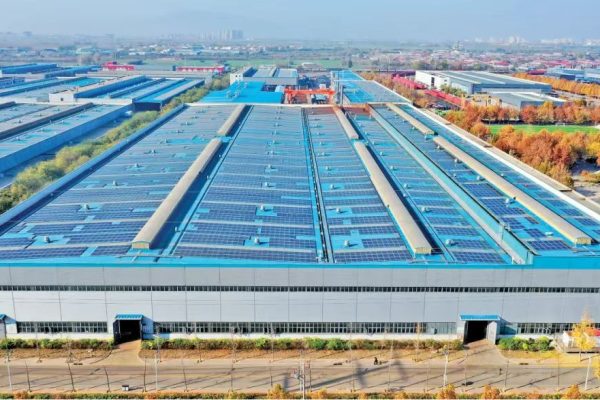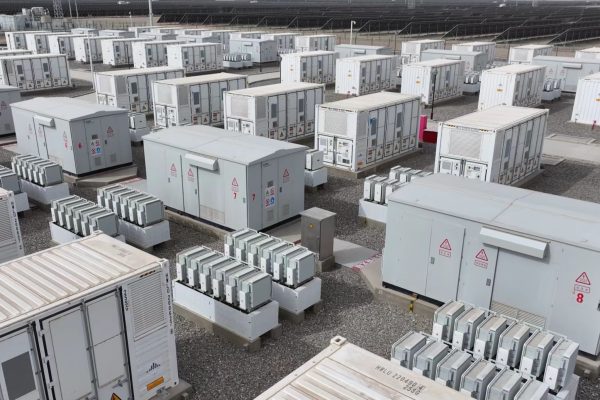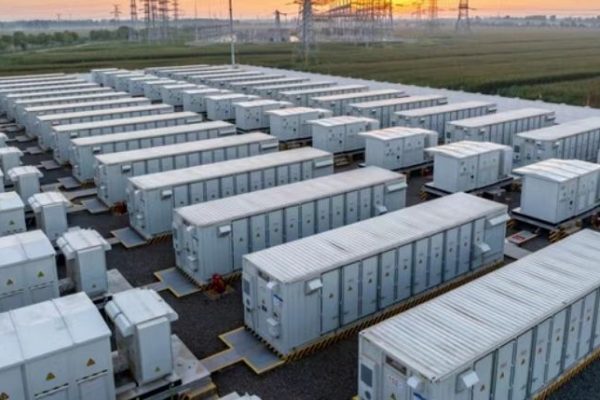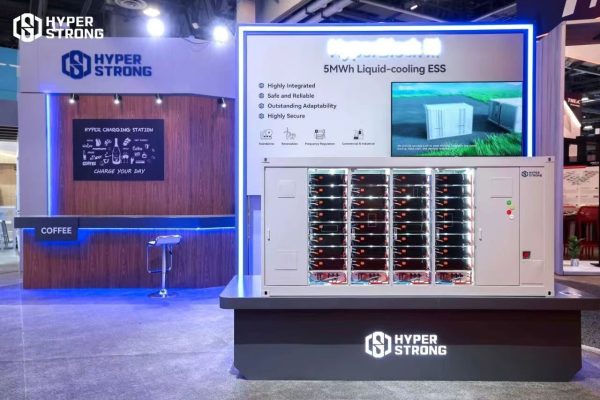As the PV + Storage industry grows, manufacturers and system integrators are increasingly working with local partners—distributors, installers, and agents—to reach customers. But selling integrated solutions (inverter + battery + controls + accessories) is more complex than selling individual components. Without the right training, partners may struggle to explain value, differentiate products, or close deals.
This article outlines practical strategies for training local partners to confidently sell integrated PV+ESS solutions.
1. Why Training Local Partners Matters
- Integrated systems are complex: Customers want to know about compatibility, safety, warranties, and long-term service. Partners need clear talking points.
- Brand reputation depends on partners: Poor sales messaging or weak technical knowledge can undermine trust in your brand.
- Faster scaling: Well-trained partners reduce the burden on your central sales team.
- Competitive advantage: Many traders just “push products.” Partners who can explain a solution stand out.
2. Training Focus Areas
a) Solution Positioning, Not Just Products
Teach partners to frame solutions in terms of customer outcomes:
- Lower energy bills (self-consumption).
- Backup power (resilience).
- Scalable design (future-proofing).
This shifts the conversation from price per battery to value per system.
b) Technical Fundamentals
Partners don’t need to be engineers, but they should understand:
- Basic inverter-battery compatibility.
- How load profiles affect system sizing.
- Key differences between off-grid, hybrid, and grid-tied setups.
- Safety and compliance basics.
c) Commercial Knowledge
Equip partners to handle business aspects:
- Total cost of ownership (TCO) vs. upfront price.
- Common financing models for SMEs and households.
- Warranty terms and limitations.
d) Objection Handling
Common objections partners must address:
- “Isn’t solar + storage too expensive?”
- “What if the battery fails early?”
- “Why not buy components separately online?”
Give them clear, simple responses.
3. Training Formats That Work
- Kickoff Workshops
- In-person or virtual events where partners get an overview of your solution portfolio.
- Use case studies to show real-life results.
- Technical Sales Playbooks
- Easy-to-read PDFs with diagrams, FAQs, and comparison charts.
- Should explain how to present integrated solutions in less than 10 minutes.
- Demo Systems & Showrooms
- Let partners showcase a working integrated system.
- A physical demo often converts hesitant customers.
- Online Learning Modules
- Self-paced video tutorials for busy agents.
- Quizzes to ensure comprehension.
- Co-Selling Sessions
- Join partners on their first few client calls.
- Model how to answer technical and commercial questions.
4. Incentives to Encourage Learning
- Certification programs: Recognize partners who complete training as “authorized solution partners.”
- Lead allocation: Give more leads to trained partners.
- Tiered discounts: Reward those who pass higher training levels with better margins.
5. Best Practices for Effective Partner Training
- Keep It Simple: Avoid overloading with engineering jargon. Focus on what customers need to know.
- Use Visuals: Flow diagrams, one-line schematics, and before/after comparisons help more than text-heavy slides.
- Localize Content: Tailor examples to local market realities (e.g., diesel backup in Africa vs. high tariffs in Europe).
- Update Regularly: As products evolve, so should the training. Outdated knowledge damages credibility.
- Two-Way Communication: Encourage partners to share objections they hear in the field. Use this to refine your content.
6. The Long-Term Payoff
Training is not a one-off expense—it’s an investment in scalable sales capacity. A strong local partner who knows how to sell integrated solutions becomes:
- A reliable extension of your brand.
- A problem solver for customers.
- A driver of repeat business and referrals.
Selling PV+ESS integrated solutions requires more than brochures and price sheets. It requires confidence, clarity, and consistency—qualities that come from structured partner training. By focusing on solution-based selling, simplifying technical concepts, and equipping partners with the right tools, manufacturers and integrators can turn local agents into trusted advisors for their markets.
When local partners know not just what to sell but how to sell it, everyone benefits—customers, partners, and your business.




